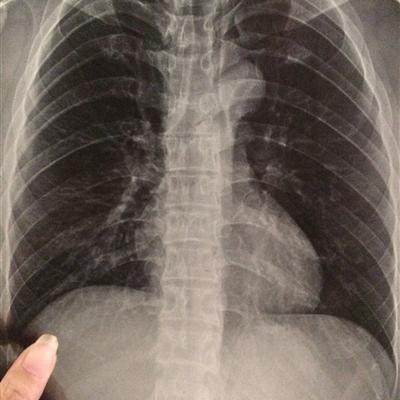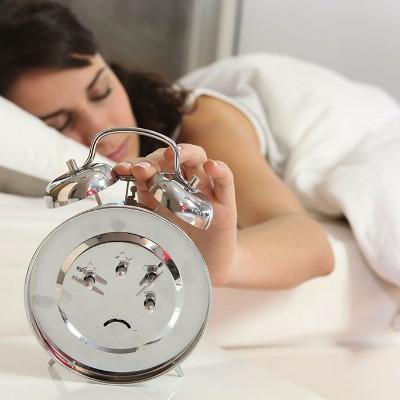How to treat senile ventricular premature beat?
summary
Premature beat is a disease that occurs in the elderly patients. When the elderly suffer from premature beat, the harm to their health is very much. The patients should be treated and diagnosed in time. Let's take a look at the treatment methods of the elderly suffering from ventricular premature beat. Please see the following article!
How to treat senile ventricular premature beat?
The treatment of premature ventricular contractions depends on the presence of arrhythmia related symptoms and organic heart disease. For those who have symptoms but have no organic heart disease, psychological treatment should be given first, β Receptor blockers and calcium antagonists are the most commonly used first-line drugs because of their less side effects. The main purpose of their treatment is to relieve symptoms, rather than complete control of premature beats. If the above drug treatment is invalid, the drug treatment can be simply abandoned. For a small number of premature contractions originating from special sites (such as right ventricular outflow tract), radiofrequency ablation can be considered when the first-line drug treatment is ineffective. Patients with asymptomatic ventricular premature beats and paroxysmal ventricular tachycardia without organic heart disease need no treatment at all. In patients with dilated cardiomyopathy, ventricular premature beat and short paroxysmal ventricular tachycardia do not reduce the overall mortality and sudden death rate, and do not need drug treatment when there are no symptoms. However, if there are symptoms, the above treatment principles should be adopted. Short paroxysmal ventricular tachycardia has a certain significance in predicting the occurrence of sudden death in patients with myocardial hypertrophy, but its positive predictive rate is low, and drug treatment can not reduce the incidence of sudden death. Therefore, when ventricular hypertrophy is accompanied by frequent ventricular premature beats and short paroxysmal ventricular tachycardia, the main treatment is to improve the symptoms.
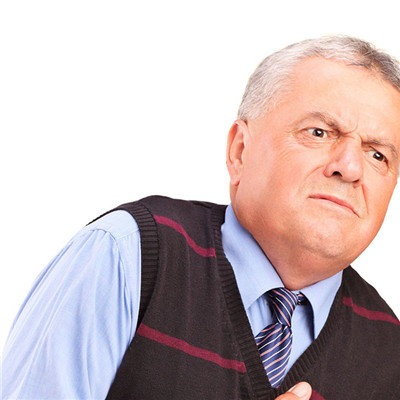
Frequent or complex ventricular premature beats and short paroxysmal ventricular tachycardia occur in patients with coronary heart disease and obvious cardiac insufficiency, and the risk of sudden death is higher. At this time, we should first deal with myocardial ischemia, including drug and non drug measures. If arrhythmia still exists after correcting myocardial ischemia, cardiac function must be evaluated. If the ejection fraction is more than 40%, no further treatment is needed; If the ejection fraction is less than 40%, electrophysiological examination is needed to guide the treatment. Continuous ventricular tachycardia was induced by electrophysiological examination, and implantable cardioverter defibrillator (ICD) was used. Those who did not induce sustained ventricular tachycardia were treated with drugs. β Receptor blockers and angiotensin converting enzyme inhibitors (ACEI) can reduce the overall mortality and should be used when there is no contraindication. For these patients, amiodarone is also a safe and effective drug.
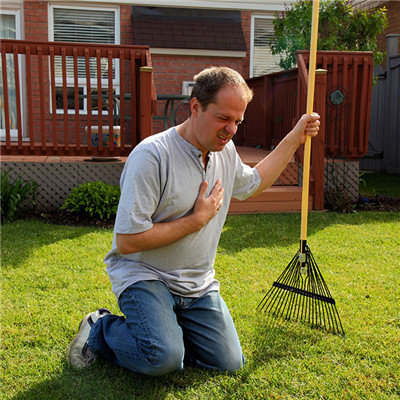
The treatment of mild cardiac insufficiency with ventricular premature beat and short paroxysmal ventricular tachycardia focuses on improving cardiac function. Antiarrhythmic treatment is the same as that of patients without organic heart disease. Amiodarone can improve the long-term prognosis of patients with severe cardiac insufficiency accompanied by the above arrhythmias and ischemic heart disease.
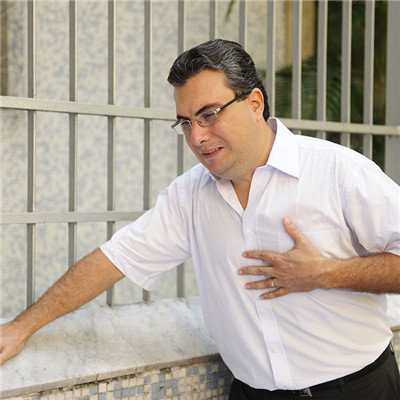
matters needing attention
Frequent ventricular premature beats in patients with daily diet should pay attention to light, easy to digest, prevent dyspepsia. Eat more fresh fruits and vegetables and food rich in high-quality protein, eat less food prone to gastrointestinal flatulence, do not eat too greasy and fried food, help to improve the condition, at the same time pay attention to rest, avoid overwork and emotional excitement. No smoking, no drinking, no food.


